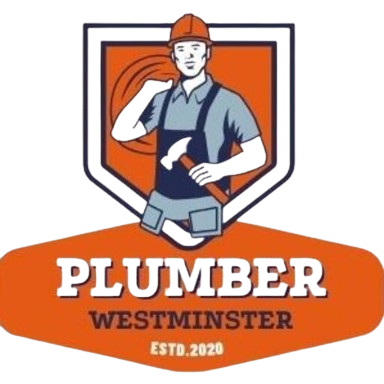The Benefits of Modern Plumbing Technologies
Modern plumbing technologies have completely changed how we tackle waste management, water usage, and home upkeep in a world where comfort, efficiency, and sustainability are of utmost importance. These developments have significantly improved energy efficiency, cost savings, and environmental sustainability in addition to making our daily life more convenient. We’ll look at how contemporary plumbing technology help businesses, homes, and the environment below.
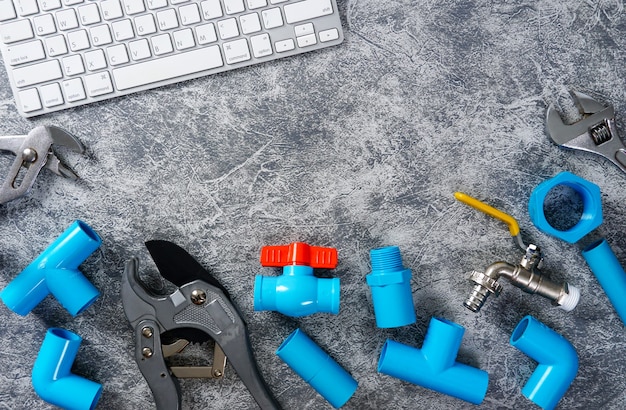
Water Efficiency and Conservation
The ability of contemporary plumbing technology to conserve water is among its most important advantages. Water conservation has emerged as a major concern due to the growing demand for water resources, particularly in regions that are undergoing droughts. Low-flow fixtures, like showerheads, toilets, and faucets, are part of contemporary plumbing systems that use a lot less water without sacrificing functionality. Dual-flush toilets, for instance, can save water usage by up to 30% by using more water for solid waste and less for liquid waste.
Furthermore, leak detection systems and smart water meters notify homeowners of any concealed leaks, enabling speedier repairs and reducing water wastage. This can make plumbing systems more sustainable by saving thousands of gallons of water a year.
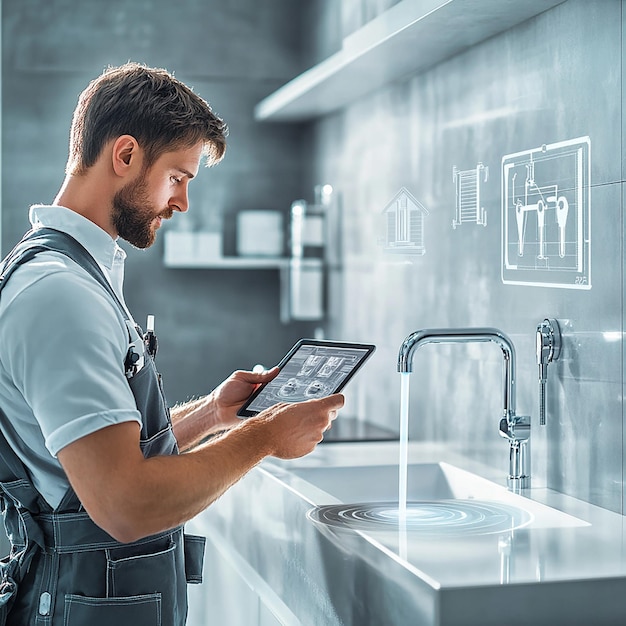
Energy Efficiency
Contemporary plumbing systems are made to be more energy efficient, which lowers your energy costs and lessens your carbon footprint. For instance, extremely efficient water heater models, like tankless water heaters, which heat water just when needed rather than continuously maintaining a sizable hot water tank, are now readily accessible. This makes it a more economical and ecologically responsible choice by preventing standby heat loss and guaranteeing that you only use energy when you need hot water.
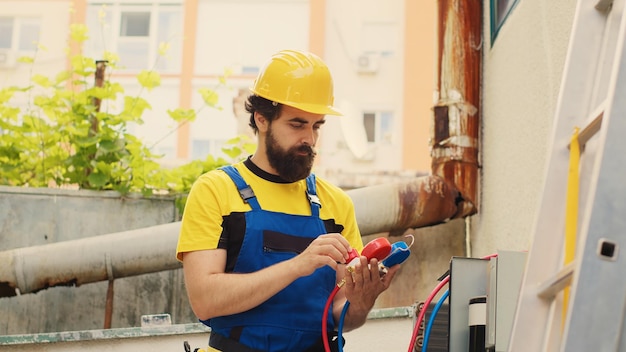
Smart Technology and Automation
Another significant advantage is the incorporation of smart technology into contemporary plumbing systems. You can use voice-activated devices or smartphone apps to remotely control plumbing features with home automation. To avoid floods, smart water shut-off valves, for example, may identify leaks and promptly cut off the water supply. While smart showers can more precisely control water pressure and temperature, smart faucets can change the temperature and water flow according to your preferences.
Remotely monitored plumbing systems also make it simpler to identify problems before they become serious ones. For instance, sensors can notify homeowners or service providers when a pipe starts to leak or exhibit signs of corrosion, allowing for early intervention and lowering the need for expensive repairs.
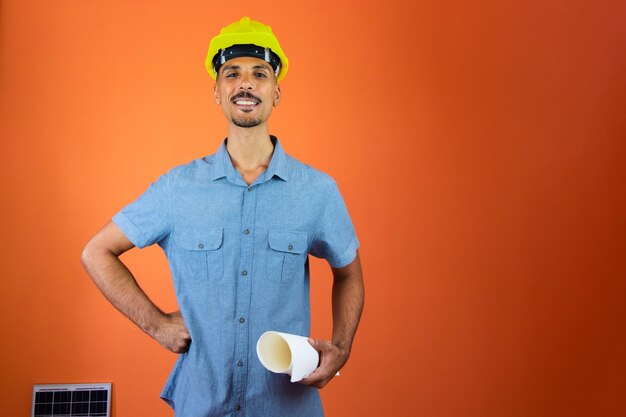
Improved Water Quality
Modern plumbing systems have advanced significantly in response to growing concerns about the safety and cleanliness of the water we use and drink. With the widespread availability of filtration equipment like carbon and reverse osmosis filters, which can be installed straight into the plumbing system, everyone in the house will have access to clean water. As a result, less water needs to be bottled, saving money and cutting down on plastic waste.
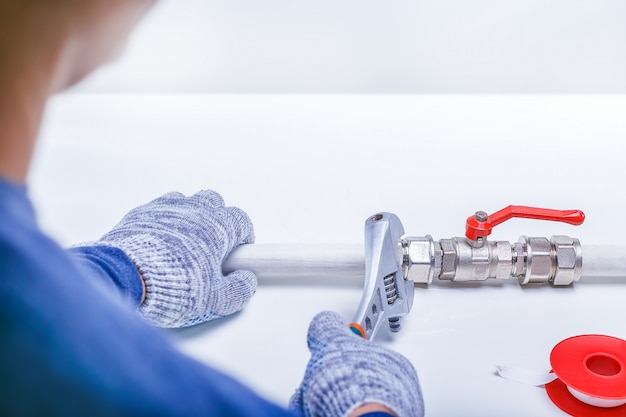
Sustainability and Reduced Environmental Impact
Modern plumbing systems have been constructed with eco-friendly elements that lessen their influence on the environment as sustainability becomes a major global concern. PEX (cross-linked polyethylene) pipes, which are more corrosion-resistant than conventional copper pipes, are one example of a long-lasting, recyclable material that can be used to cut down on waste by lowering the frequency of repairs.
Additionally, homes can reduce their use and help preserve natural resources by using improved water and energy-saving technologies. In addition to lowering a building’s overall carbon footprint, eco-friendly plumbing solutions can make households and businesses more sustainable.
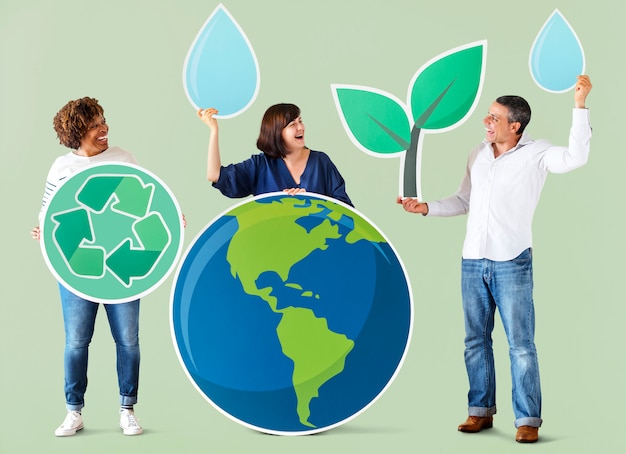
Cost Savings
Modern plumbing technology may appear to need a larger initial expenditure, but the long-term advantages greatly exceed the expenses. Smart systems, water-saving fixtures, and energy-efficient water heaters drastically save energy and water costs. Furthermore, by spotting and fixing problems early on, intelligent leak detection and monitoring systems can prevent expensive repairs.
Utility expenses may drop significantly over time as a result of these savings, and smart plumbing systems’ added convenience guarantees that you are not only saving money but also extending the life of your plumbing system.

Conclusion
When it comes to sustainability, efficiency, and ease, modern plumbing technologies are revolutionary. These technologies are changing how we use and manage resources in our homes and companies, from energy and water conservation to improved water quality and cost savings. Adopting these technologies helps create a more sustainable and environmentally responsible future while also enhancing the performance of our plumbing systems. Therefore, updating your plumbing system with contemporary technologies is a good first step, regardless of your goals—lowering utility costs or making your house more ecologically conscious.
